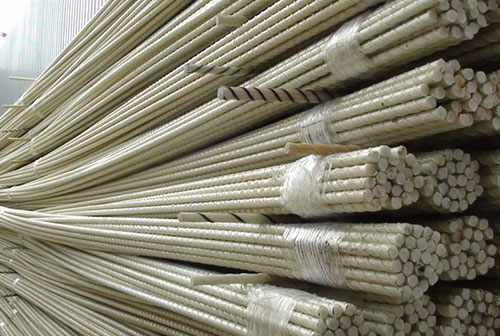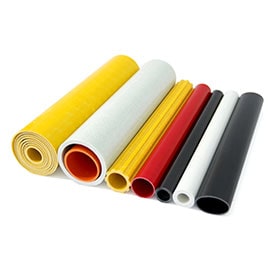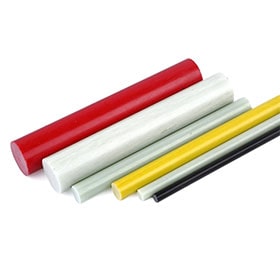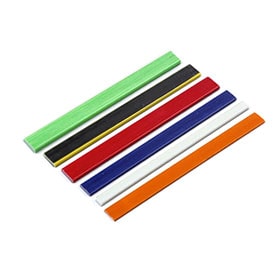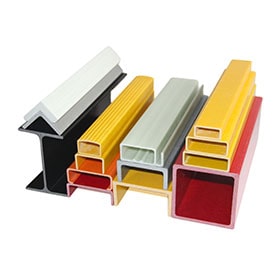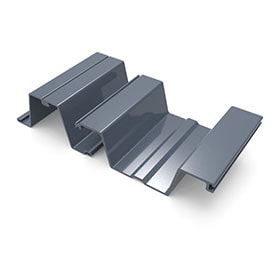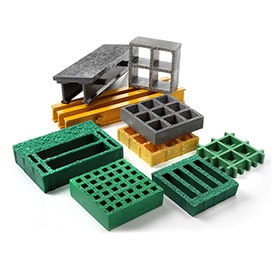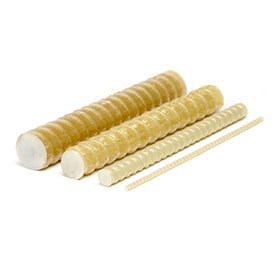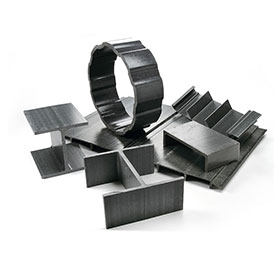Reinforcing bars, commonly known as rebar, are an essential component of concrete structures. They provide tensile strength and prevent concrete from cracking under stress. Traditionally, steel rebar has been the go-to material for reinforcing concrete. However, in recent years, fiberglass rebar has emerged as a viable alternative.
What is Fiberglass Rebar?
Fiberglass rebar is made from glass fibers that are bonded together with resin. It is a lightweight, corrosion-resistant, and non-magnetic material. Fiberglass rebar is becoming increasingly popular in construction due to its numerous advantages over steel rebar.
Advantages of Fiberglass Rebar:
Corrosion resistance: Fiberglass rebar is highly resistant to corrosion, unlike steel rebar, which is susceptible to rust. This makes fiberglass rebar an excellent choice for use in harsh environments, such as coastal areas or areas with high humidity.
Lightweight: Fiberglass rebar is significantly lighter than steel rebar, making it easier to transport and install. This can reduce labor costs and improve construction efficiency.
Non-magnetic: Fiberglass rebar is non-magnetic, which is beneficial in applications where electrical interference is a concern. For instance, it is often used in MRI facilities and near power lines.
Radiolucent: Fiberglass rebar is radiolucent, meaning it does not block X-rays. This is an advantage in medical applications, such as construction around X-ray machines or in areas where X-ray inspections are required.
Dielectric strength: Fiberglass rebar has high dielectric strength, making it suitable for use in electrical applications. It can be used in electrical grounding systems and around high-voltage equipment.
Thermal conductivity: Fiberglass rebar has lower thermal conductivity than steel rebar, which can help reduce heat transfer in concrete structures. This can be beneficial for energy-efficient buildings.
Disadvantages of Fiberglass Rebar:
Cost: Fiberglass rebar is generally more expensive than steel rebar. However, the long-term cost savings due to reduced maintenance and extended lifespan may outweigh the initial higher cost.
Tensile strength: Steel rebar has higher tensile strength than fiberglass rebar, meaning it can withstand greater loads. This may make steel rebar a better choice for applications requiring exceptional strength.
Bond strength: The bond strength between fiberglass rebar and concrete is generally lower than that of steel rebar. This may require special considerations in design and construction.
Applications of Fiberglass Rebar:
Fiberglass rebar is suitable for a wide range of construction applications, including:
Foundations: Fiberglass rebar can be used in foundations to reinforce concrete slabs and footings.
Slabs-on-grade: Fiberglass rebar is commonly used in slabs-on-grade, providing reinforcement for concrete floors and pavements.
Walls: Fiberglass rebar can be used in concrete walls to enhance their strength and durability.
Beams and columns: Fiberglass rebar can be used in beams and columns to provide reinforcement and prevent cracking.
Precast concrete: Fiberglass rebar is often used in precast concrete elements, such as panels and pipes.
Can Fiberglass Rebar Replace Steel Bars in Ordinary House Construction?
In many cases, fiberglass rebar can effectively replace steel rebar in ordinary house construction. Its corrosion resistance, lightweight, and non-magnetic properties make it an attractive choice for residential applications. However, it is important to consider the specific requirements of the project and consult with a structural engineer to determine if fiberglass rebar is suitable for the intended use.
Factors to Consider When Choosing Between Fiberglass Rebar and Steel Rebar:
Corrosion risk: If the structure is exposed to harsh environmental conditions, fiberglass rebar's corrosion resistance may make it a better choice.
Load-bearing requirements: For applications requiring exceptional strength, steel rebar may be the preferred option due to its higher tensile strength.
Budget: The initial cost of fiberglass rebar is generally higher than steel rebar. However, long-term cost savings due to reduced maintenance and extended lifespan may outweigh the initial higher cost.
Design considerations: The bond strength between fiberglass rebar and concrete may require special considerations in design and construction.
Conclusion:
Fiberglass rebar has emerged as a viable alternative to
 +86 15303735673
+86 15303735673 Jessica@frpzs.com
Jessica@frpzs.com
 Technical Data
Technical Data


